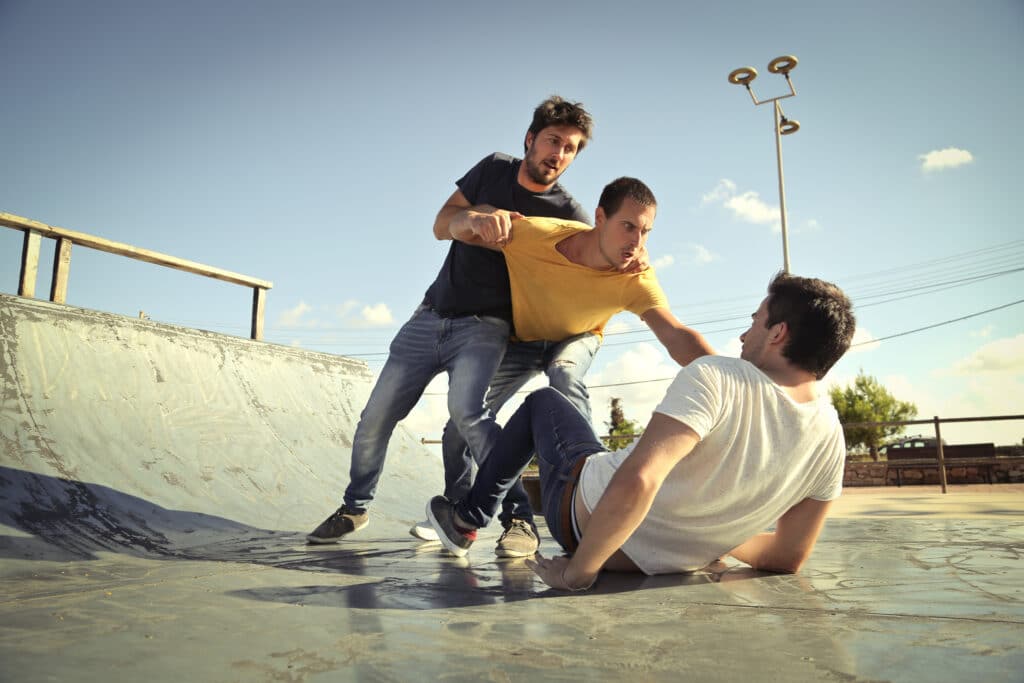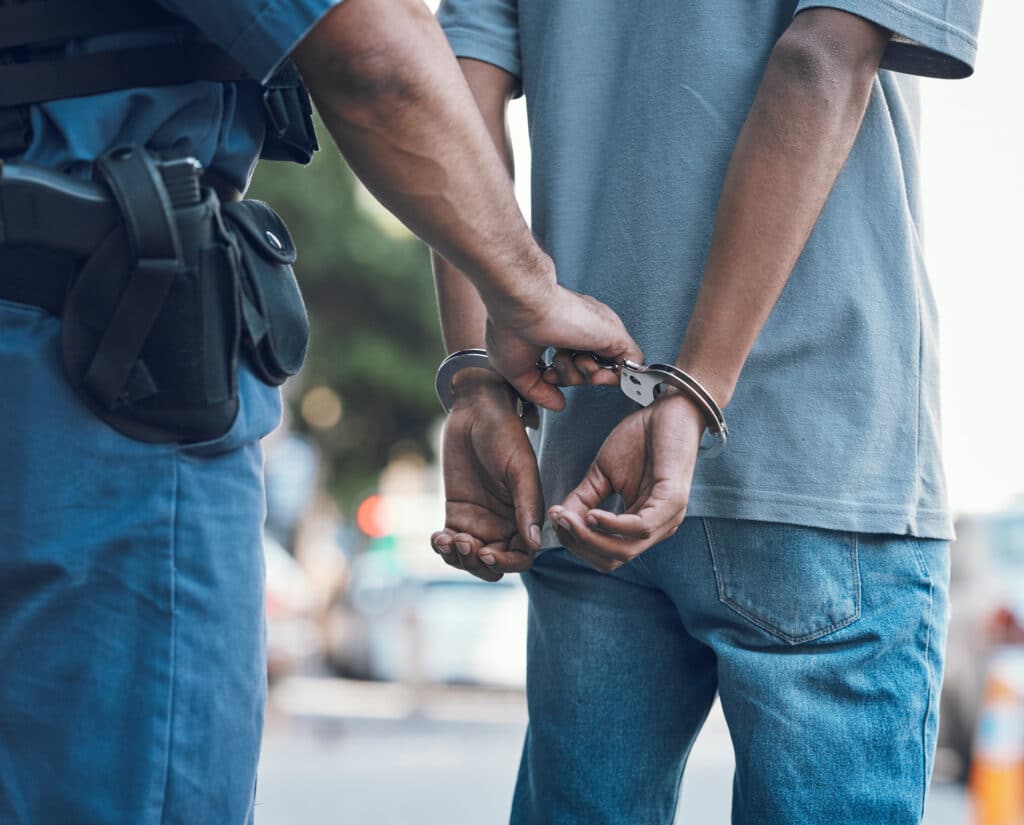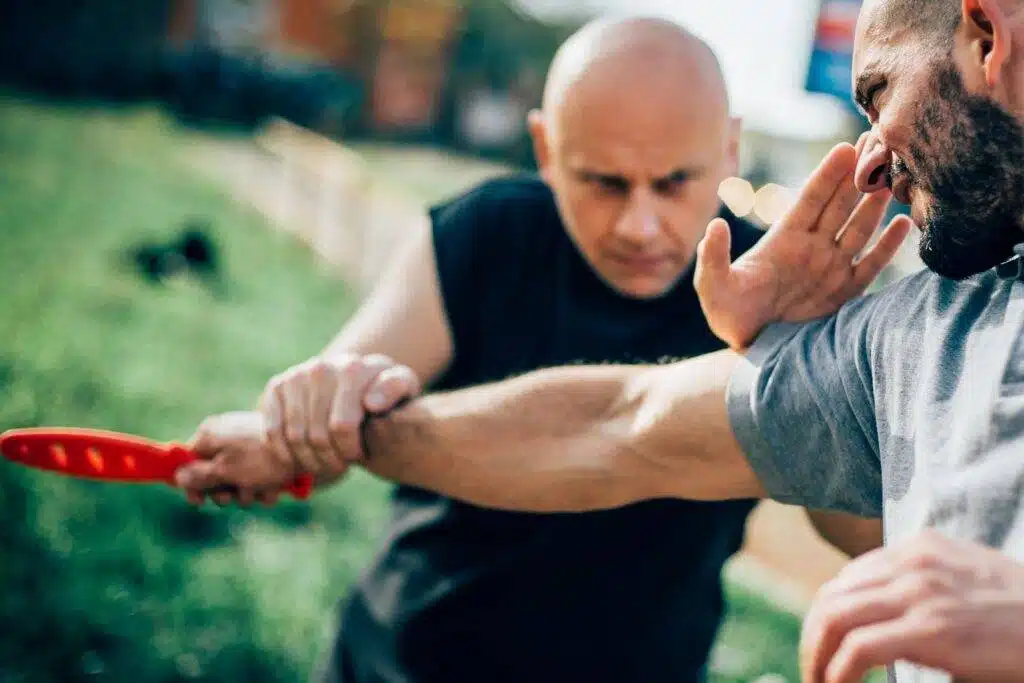When does protecting yourself cross the line into a violent crime? In Colorado, self-defense cases can quickly become complicated. While the law supports the right to defend yourself or others, it sets clear boundaries on when and how force may be used. Understanding these limits is key. If you’re facing charges after an altercation, an experienced violent crime defense lawyer can help you build a strong case.
Colorado’s Legal Standard for Use of Force
Colorado law permits a person to use physical force if they reasonably believe it is necessary to protect themselves or another person from the use or imminent use of unlawful force. However, any force used must be proportional. Deadly force is justified only to prevent death or serious bodily injury.
Colorado is a “Stand Your Ground” state, meaning there is no legal obligation to retreat if you’re in a place where you have a right to be. This principle, though not named in the statute, is recognized through case law interpreting § 18-1-704.
Note that self-defense claims are invalid if the person provoked the use of force with the intent to cause harm.
Reasonable Belief and Proportional Threats
The law requires both that the threat be immediate and that your belief in the need for force is reasonable. A future or non-specific threat does not justify self-defense. Colorado courts weigh what a reasonable person would do under similar circumstances.
You also cannot use deadly force against a non-deadly threat. For example, if someone pushes you during an argument, pulling a weapon may be viewed as assault, not self-defense.
Colorado allows the use of reasonable, non-deadly force to prevent theft or trespassing under C.R.S. § 18-1-705. However, deadly force is not justified solely to protect property unless it occurs inside your home (falling under the Castle Doctrine). A property crimes attorney in Denver can clarify how these rules apply to your case.
What is the Castle Doctrine or the “Make My Day” Law?
Colorado’s Castle Doctrine (also known as the “Make My Day” Law), under § 18-1-704.5, protects people who use deadly force against intruders in their homes. If someone unlawfully enters your residence and you believe they intend to commit a crime and may use physical force, you are allowed to use deadly force.
This law applies only inside your home. It does not cover vehicles, workplaces, or public areas.
When Self-Defense Becomes Assault
Even with the right intentions, a self-defense claim can fall apart in court. If prosecutors believe your use of force was excessive or not immediately necessary, they may pursue assault charges.
A violent crime defense attorney can analyze the evidence and clarify whether your actions qualify as legal self-defense. Without proper legal guidance, it’s easy to unintentionally weaken your own case.
Unjustified Use of Force
The use of force is not justified after a threat is no longer present, such as chasing someone who is running away. You also cannot respond to verbal abuse with physical violence. Actions like these often lead to charges, especially if someone uses deadly force against another who posed no lethal threat.
Self-Defense and Mutual Combat
In cases where both parties willingly engaged in a fight, Colorado law may treat the situation as mutual combat, limiting the availability of a self-defense claim. To regain protection, you must clearly communicate withdrawal and attempt to disengage. If the other person continues to use force, that may restore your right to self-defense under § 18-1-706.
What Prosecutors Consider During Your Case
If you are facing assault charges and trying to claim self-defense, here are some factors that the prosecution may use to challenge your approach.
- Who started the conflict
- Whether you attempted to de-escalate the situation
- The type and severity of injuries
- Use of weapons or physical evidence
- Eyewitness accounts or video footage
A violent crime law firm will conduct its own investigation and build a defense that challenges the state’s version of events.
How a Defense Attorney Can Help
Early legal support is essential in self-defense cases. A violent crime law firm may use medical records, witness statements, video footage, or expert analysis to support your claim. The sooner a violent crime defense attorney is involved, the more time there is to challenge charges or pursue dismissal.
You’ve Been Charged with Assault. What’s Next?
First and foremost, do not speak to law enforcement before consulting a violent crime defense lawyer. Defendants often try to explain what happened to the police, only to harm their own case.
Your attorney can:
- Guide you on what to say
- Challenge improper procedures
- Seek to reduce or dismiss charges
The earlier you act, the better your defense.
Protecting Yourself Can Still Lead to Charges
If you’ve been accused of assault after defending yourself, MBS Law is here to help. Our team of experienced Colorado violent crime lawyers understands how to navigate these complex situations and protect your rights.
Contact our trusted violent crime law firm today to speak with a knowledgeable violent crime defense lawyer who will fight for your future.
References
https://law.justia.com/codes/colorado/title-18/article-1/part-7/section-18-1-704-5/
https://law.justia.com/codes/colorado/2021/title-18/article-1/part-7/section-18-1-704/
https://law.justia.com/codes/colorado/title-18/article-1/part-7/section-18-1-705/
https://law.justia.com/codes/colorado/title-18/article-1/part-7/section-18-1-704-5/
https://law.justia.com/codes/colorado/title-18/article-1/part-7/section-18-1-704/
https://law.justia.com/codes/colorado/title-18/article-13/section-18-13-104/
https://law.justia.com/codes/colorado/title-18/article-1/part-7/section-18-1-706/







